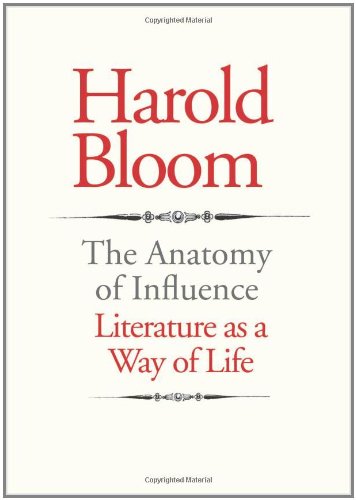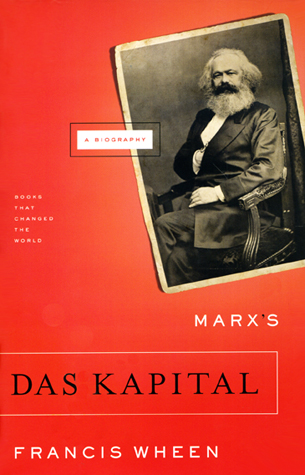http://www.youtube.com/watch?v=xNpQ2nTUYkU
The Keystone XL pipeline, where the Harper government meets Koch Industries. At this point, only Obama stands between them. From Rolling Stone:
Is it in our national interest to overheat the planet? That’s the question Obama faces in deciding whether to approve Keystone XL, a 2,000-mile-long pipeline that will bring 500,000 barrels of tar-sand oil from Canada to oil refineries on the Gulf of Mexico. Greenlighting the $7 billion pipeline would help feed America’s addiction to oil – but it would also send a clear signal that Obama ranks cheap gas as a higher priority than a stable climate. Activist and writer Bill McKibben, who organized protests at the White House to stop the pipeline, calls the decision “a defining moment of the Obama years.”
There are two big problems with Keystone XL. First, mining and refining the tar sands of Alberta – the second-largest repository of carbon on the planet – requires huge amounts of energy. That’s why carbon pollution from tar-sand oil is up to 20 percent higher than from conventional crude. If we burn through the tar sands, warns NASA expert James Hansen, it’s “game over” for the climate. Second, an oil spill from the pipeline could devastate the Midwest: A recent study by the University of Nebraska estimates that a worst-case spill in the Platte River would create an oil slick that would stretch for hundreds of miles and contaminate drinking water for millions of Americans.
There are signs the pipeline may already be a done deal: The State Department’s environmental review of the project recently concluded that the pipeline would have “no significant impacts.” But Obama can still stop the project all by himself, simply by refusing to sign the certificate of national interest required to allow the pipeline to cross the U.S. border. But blocking Keystone XL means saying no to Big Oil. Among the companies with the most to gain if the pipeline is built: Koch Industries, a major backer of the Tea Party. To put pressure on the State Department, which must sign off on the pipeline, Keystone’s operator has hired the former deputy director of Hillary Clinton’s presidential campaign as a lead lobbyist.
Environmental choices don’t get much starker than this. “Obama is alone at the top of the key,” McKibben recently wrote. “Will he take the 20-foot jumper – or pass the ball?”
Frye in “Canada: New World without Revolution”:
Canada, with four million square miles and only four centuries of documented history, has naturally been a country more preoccupied with space than with time, with environment rather than tradition. The older generation, to which I have finally been assigned, was brought up to think of Canada as a land of unlimited natural resources, an unloving but rich earth-mother bulging with endless supplies of nickel and asbestos, or, in her softer parts, with the kind of soil that would allow of huge grain and lumber surpluses. The result of such assumptions is that many of our major social problems are those of ecology, the extinction of animal species, the plundering of forests and mines, the pollution of water, as the hundreds of millions of years that nature took to build up our supplies of coal and oil are cancelled out in a generation or two. The archaeologists who explore royal tombs in Egypt and Mesopotamia find that they are almost always anticipated by grave robbers, people who got there first because they had better reasons for doing so than the acquisition of knowledge. We are the grave robbers of our own resources, and posterity will not be grateful to us. (CW 12, 435-6)
An earlier post on the Keystone XL protests here.





